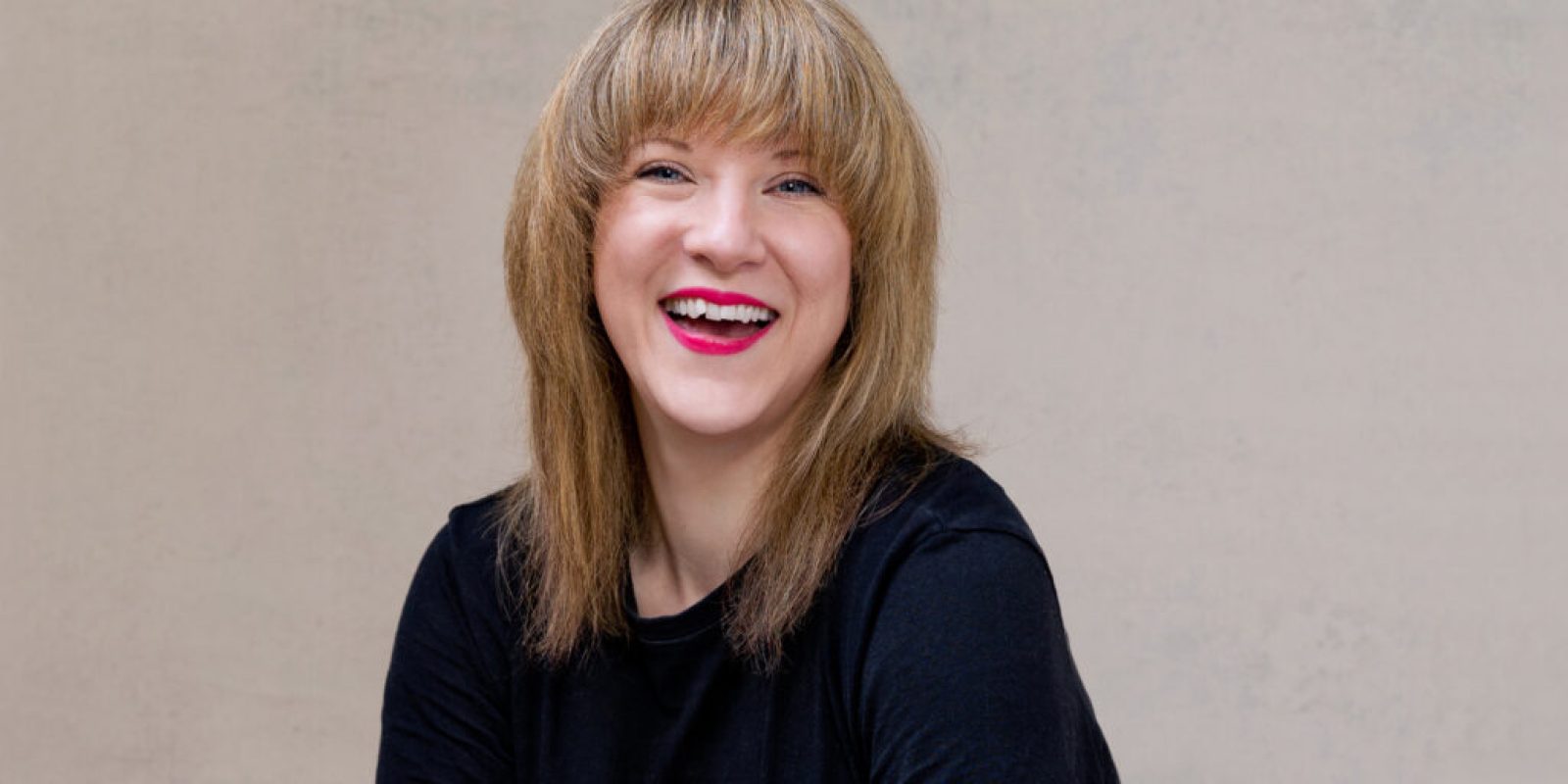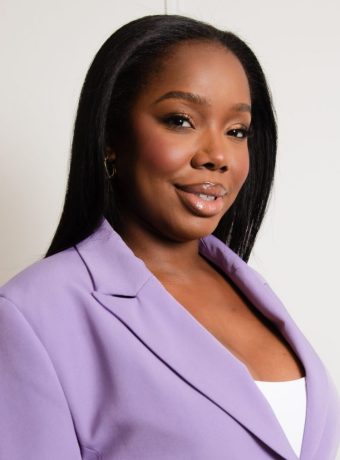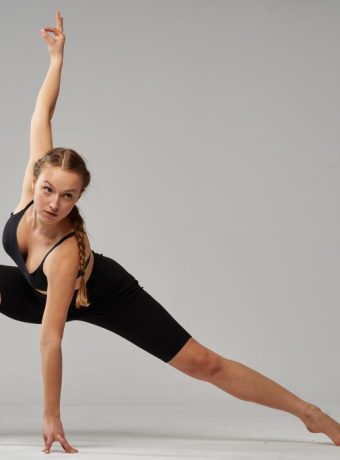Meet Rachael Welford
Rachael focuses on empowering women to heal so they can live in a place of inner power and happiness. Sharing her incredible story of overcoming burnout, depression, anxiety, PTSD, and suicide attempts to be voted one of London’s best alternative therapists by Time Out.
Her life-changing strategies, sound healings, and wisdom are in demand from companies like Selfridges, Vans, TikTok, Spotify, and Weetabix. She has been featured as an expert in anxiety, depression, and mindset in the mainstream press and on podcasts like Frankie Bridge’s Open Mind. She’s driven by the transformation in her clients, often receiving handwritten cards and messages on how the tools and techniques she shares have changed lives. Rachael offers 1:1 therapy and coaching, Happy Habits Club, Live sound healing events, courses, and the Things I Wish I’d Known podcast.
**TRIGGER WARNING** IN THIS EPISODE, RACHAEL TALKS ABOUT SUICIDE
Extracts taken from the transcript of the podcast recording
RW [00:09:25]I don’t think there was much thought behind it. I’ve been suicidal a number of times now in my life, so I kind of understand that space, at least from that perspective. It might be different for other people. I wouldn’t speak for everybody, but for me, it’s this kind of like, I just can’t do this anymore. It’s too exhausting. I think that comes down to what in ADHD terminology they call masking. So because you’re aware that your behavior is different to other people’s behavior, you spend a lot of your time and I definitely resonate with this, but only looking back, you know, hindsight’s a beautiful thing is now if I didn’t have this insight when I was a teenager, but looking back, I never felt like I fit in. I always thought my friends hated me. They only hung out with me because it was like a default thing or something. I didn’t really know why they would want to be with me and very low self-esteem. But I was very good at masking, so I was very good at pretending that I was like really happy and had all my shit together. And, you know, I managed to hide school. I hated studying, I hated the whole thing. I still managed to get pretty good grades because I would just cram the night before I was able to hold a relative amount of information in my brain for a short period of time and then regurgitated. [82.1s]
RW [00:15:53]when you’re masking all the time and you’ve been masking for years, you don’t even know that you’re masking either. So just for everyone else, I use to force it all the time. No one talks about it because it’s a bit weird. And then when you actually find someone you really trust and you just sort of have a, you know, casual what you deem a casual conversation and they’re like, are you okay? You know, that’s not normal. She was very calm about what she said. But I remember her being very cautious about her words and very compassionate. There was you know, there always seemed to be something whereby there was a reason why I felt the way that I felt, which was just generally consistently. [49.6s]
RW [00:17:19]If I can just get to X-Y-Z date, whatever date that might be like, I just need to get to the end of the week or I just need to finish this launch, or I just need to. Then I’ll be able to rest. And then. And then I’ll be okay. I’m just not sleeping very well at the moment. It will fix itself or, you know, I’ve not been eating particularly well. Or maybe there were other things happening in my life. My, personal relationship was on the rocks at that point as well. So I thought, well, of course, I’m going to be starting to feel that sad. I don’t know if we’re going to break up. One day I was at work and as far as I remember, I’m trying to think exactly now, but I left the office and I remember ringing my mum, and I just I couldn’t go back into the office because I couldn’t stop crying. I was just sitting on this bench in London, Spitalfields and I couldn’t stop crying. And she was like, Just go home, get some rest, you know? Like, you know, my mother, she said, I’m so lucky you’re my parents. Now, you’re probably just a bit tired, love. You’ve been overdoing it, you know. Yeah, yeah, you’re right. And I went home and I cried for three days. And it didn’t stop crying. I would be crying and then I would fall asleep and I’d wake up and I’d start crying. And then and that happened for three days. I was ringing in work just saying, I’m unwell. But I sort of made out that I had the flu, I think, or something like that. And yeah, and that’s when I got really scared because I thought, this isn’t a hangover. This isn’t you know, there wasn’t really an explanation as to why I couldn’t stop crying. I called my mum again and was a bit hysterical and was like I had some friends that had some pretty severe mental health issues and one of them had been sectioned. And I was really scared as well was what was going to happen to me because I was having all of these really dark thoughts as well. It was suicidal thoughts like it was just very, very dark. [123.2s]
RW [00:19:49]You know, even two weeks before I had my breakdown, which was very severe I was living my best life. I was living in London, I was out all the time and working with some incredible brands. I was, you know, going to these parties, with well-known people in our industry and rubbing shoulders with people that matter and, you know, you’re going to all these dos. And I was snowboarding broad with my work. [27.4s]
FD [00:40:19]Did you believe those things when you were writing them? [1.9s]
RW [00:40:21]No, I didn’t. And then she has this practice where you have to stand in front of the mirror and tell yourself that you love yourself. And I couldn’t do it. And I used to cry to stand there and try and say it. And I couldn’t. Oh, it’s making me emotional thinking about it. But I couldn’t, I couldn’t say it to myself. You just think that’s so sad. That’s so sad that you’d feel that way about yourself. Right now I’m just like, Oh, so much compassion for that part of myself, because that’s just such a sad way to live. [25.6s]
RW [00:45:58]85% of your thoughts are automatic negative thoughts. So if you’re having 60,000 thoughts a day. 85% of them are negative. In order to offset that. To imprint this new narrow pathway. You’ve got to do 10,000 practices a day. I just used to sit there and repeat to myself. I love myself. And then I’m like, I know you don’t. Like I said, I don’t yesterday. Not an easy thing. I love myself. I respect myself. I’m healing every day. I’m getting better. Every day I release this illness. I’m safe, my body is safe. I’ll just stay all day in bed, repeat, repeat, repeat, and done. Then when some of them started to embed, I would reignite new ones and rewrite new ones and rewrite new ones. It took me about maybe three or four years to reprogramme pretty much my whole brain of doing that every single day. [51.7s]
FD [00:46:51]That’s absolutely incredible, Rachel. Challenging your neuro pathways to learn new behaviors and patterns. And that’s something that we talk about a lot on the podcast. I know as a coach it’s something that you would cover a huge amount in your sessions because that’s a lot of what needs breaking in all of us at times and it’s so subconscious you don’t realise you have the pattern of behavior. [27.9s]
RW [01:01:00]But then when you can actually say to people like, okay, cool. Well, you can’t meditate. That’s not true. Meditation is a skill. People think they should just be able to meditate because we can all breathe, and we can all sit down within reason. [15.3s]
FD [01:12:28]You’ve given people so many great tips. I wonder if there’s been anything in your life like a stand-out book or a stand-out film, TV program, or anything that just resonated with you at the time that you’ve always remembered and it’s helped you?[15.7s]
RW [01:12:49]Definitely. Louise Hey, you can change your life. That was a game-changer for me, for sure. [12.8s]
FD [01:16:00] What does becoming more human mean to you?[11.7s]
RW [01:16:45]Becoming more human means to me. I guess I have this little system that I sort of work through and it’s like awareness is the first step always because if you don’t know what’s wrong, you don’t know what you’re thinking, you don’t know what you’re feeling. You can’t do anything about it because there’s no awareness. So I think becoming more human is like building awareness, getting brave, being courageous and brave, and doing the things that you can change and the things that you can accept and the things that you can’t, and then making compassionate choices for yourself consistently. [33.9s]



